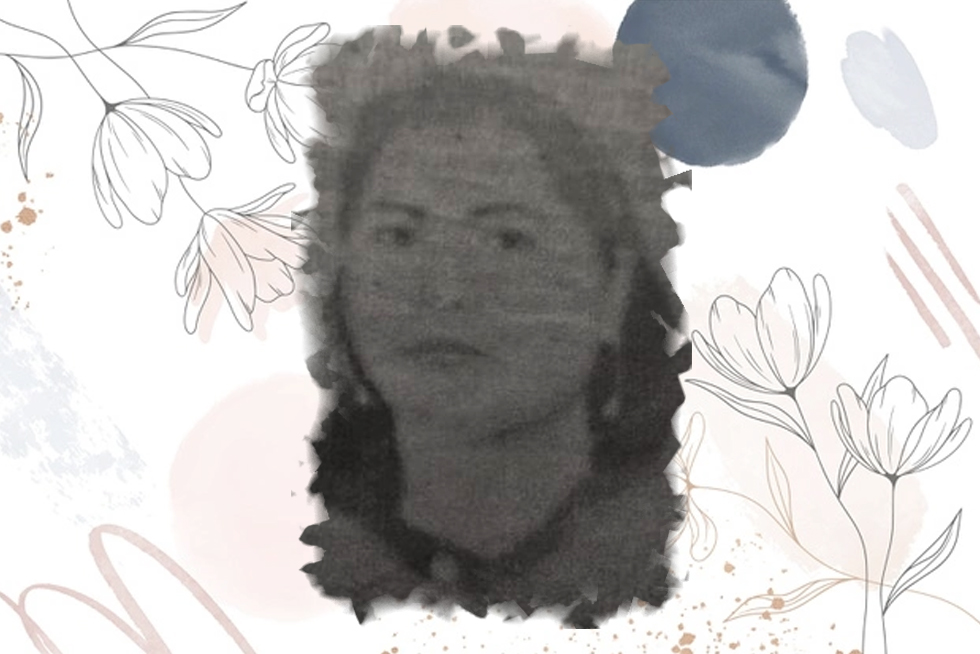The Specialized Prosecutor’s Office for Human Rights Violations declared the homicide of trade unionist Doris Nuñez Lozano and the attack against trade union leader Omar García Angulo, committed on August 16, 2001 in Fusagasugá, as crimes against humanity.
For the Prosecutor’s Office, these crimes were not isolated but were part of an attack against the Colombian trade union movement, whose members were the target of a policy that stigmatized and discriminated against the organization of workers, and whose main promoters were members of the security forces and paramilitary groups.
Doris Núñez Lozano was a union leader of the Colombian Energy Workers’ Union – Sintraintraellecol – murdered on August 16, 2001 in the municipality of Fusagasugá, when she was leaving her work day at the Electric Power Company of Cundinamarca, in Omar García Angulo’s company. Both trade unionists were intercepted by a motorcycle, from which the rider fired a burst of six firearm projectiles at Doris Núñez causing her death, and leaving Omar García and a 9 years old minor seriously wounded, who lost the capacity of his lower extremities for life.
In the words of the prosecutor’s office, these events were:
“(…) part of a generalized and systematic attack directed against the civilian population that was the object of harassment, persecution, and attempts on their lives and those of their families, with the aim of spreading fear and terror, in order to consolidate their power in the area, with knowledge of this systematicity, and that it was part of a policy of eliminating anyone who was considered as an enemy because of their trade union activity and linking it with aid or collaboration with the guerrillas, without there being any justification for causing the death of trade unionists, human rights defenders, or social leaders.
This conclusion is corroborated by different reports from international and human rights organizations that have pointed out Colombia as the most dangerous country for the exercise of trade union work. According to the National Trade Union School data from January 1st, 1973, to December 31st, 2018, 14 992 violations to the life, liberty, and physical integrity of trade unionists were recorded, and 3 240 of these aggressions were homicides that victimized more than 480 trade unions.
In this important decision, the Prosecutor’s Office also highlighted that the union leaders of Fusamasa Electric Power Company were immersed in a growing situation of persecution after the arrival of an engineer appointed as head of the district, who stigmatized, persecuted and repressed all the workers who not only demanded fair working conditions but also defended the public nature of the energy company.
The pressure from the new superior was such that on the day of her murder, Doris Núñez was telling her partner that the next day she would not be able to attend her children’s first communion because she had not been given permission. In addition, both were accused of collaborating with the guerillas, accusations that endangered their lives in a context of growing presence of paramilitary groups in the municipality of Fusagasugá.
Therefore, in this decision, the prosecutor highlighted that in this case it was “(…) indisputable the bias and stigmatization of the trade union movement, (…) which led paramilitary groups to declare military targets and assassinate them (…)”. Such as happened with the murders of José Joaquín Hernández García, Ana Cornella Varela Molina, and the union leader of the Unión Patriótica, Jorge Darío Hoyos, a fact that was also recently declared a Crime against Humanity.
After 20 years of theses events, the family members and the trade union organization still do not see justice; not a single perpetrator has been identified. However, this did not prevent the Prosecutor’s Office from recognizing that Doris death and the attempt on Omar’s life are serious human rights violations that constitute a crime against humanity.
This decision implies that the statute of limitations does not expire and that all perpetrators, participants and those involved in the planning and execution of these serious crimes must continue to be investigated. In the words of the prosecutor, it makes it possible to access the truth through the criminal process, as a suitable tool to fight against impunity and to find those responsible for these crimes.
Attorney Yessika Hoyos, victims’ representative, welcomed the decision and stated that “However impunity in this case continues to hurt the family ,and structural impunity continues to encourage attacks against unionized workers in Colombia, Justice is the first step to ensure that events like these are never repeated.”

